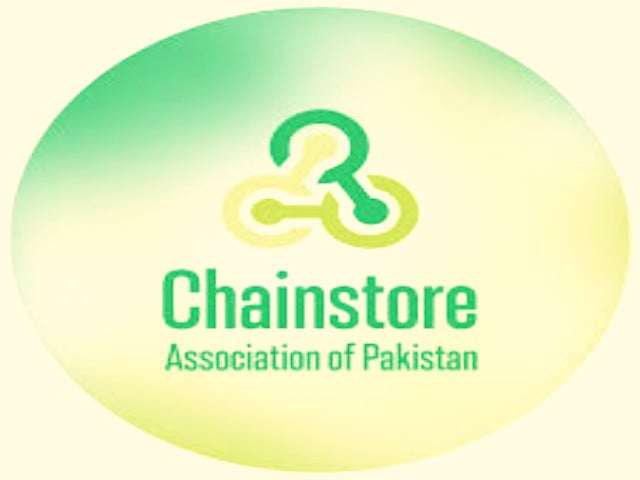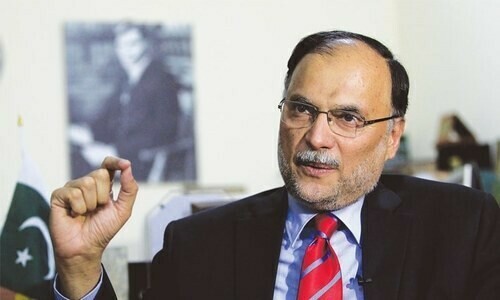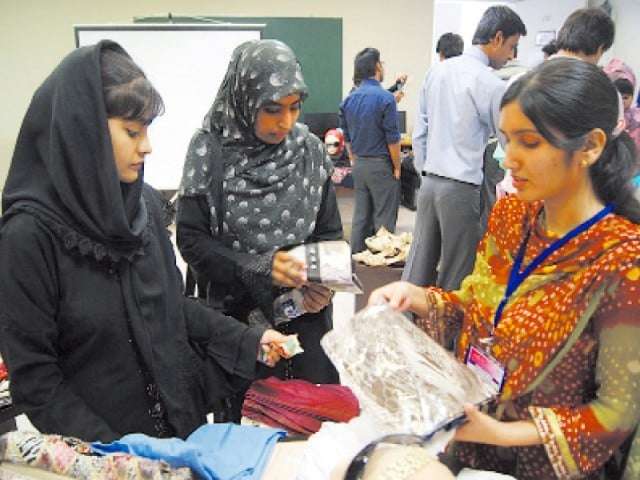The Chainstore Association of Pakistan (CAP) has made an urgent appeal to the Punjab government to lift the restrictions placed on market and mall operations, citing a significant improvement in air quality across major cities like Lahore, Faisalabad, and Multan. CAP has called for the restoration of normal operating hours for retail businesses, which include an extension of opening times until at least 10 PM, instead of the current 8 PM closure. The request is aimed at helping businesses recover from severe financial losses caused by the imposition of early closure restrictions during the recent smog crisis.
Smog Crisis Eases: Time to Focus on Reviving Business Operations
The air quality in Punjab has shown significant improvement, and as smog levels begin to subside, businesses are now calling for the lifting of restrictions that have severely impacted the retail sector. CAP has expressed appreciation for the swift actions taken by the Punjab government in addressing the issue of air pollution, which has led to improved air quality in Lahore, Faisalabad, and Multan.
CAP Chairman Asfandyar Farrukh acknowledged the government’s efforts to control the smog crisis and emphasized that it was now time to focus on reviving the economy. He said, “Thanks to the government’s efforts, the smog situation is under control. Now is the time to support businesses and the thousands of livelihoods dependent on them by restoring retail timings, especially during this critical commercial season.”
The Impact of Early Closures on Retail Business
The recent restrictions that limit retail operations, particularly early closures at 8 PM and full-day weekend shutdowns, have significantly disrupted business activities. According to CAP, these restrictions have negatively impacted the organised retail sector, leading to substantial financial losses and operational challenges. Retail businesses, which typically operate seven days a week, have incurred heavy fixed costs even during the periods when they were forced to close early or shut down entirely during weekends.
As the retail industry enters its peak months, including November and December, early closures have made it difficult for businesses to capitalize on seasonal demand. Events like weddings and other festive activities in these months typically lead to increased foot traffic and consumer spending, but the curbs on operating hours have created chaos, reducing sales and disrupting supply chains.
The Economic Cost of Early Closures and Weekend Shutdowns
CAP has cited several key statistics that illustrate the extent of the economic damage caused by the restrictions. According to the association, early closures are reducing sales by 15-20%, which amounts to a weekly revenue loss of approximately Rs2.7 billion. This loss is not just limited to the businesses themselves, as CAP also estimates that the federal and provincial governments are missing out on approximately Rs600 million in lost taxes every week.
The impact is even more severe when full-day closures are imposed, with the losses from these closures multiplying. Businesses, suppliers, and the broader economy all feel the negative effects, leading to a slowdown in economic recovery during an already challenging time.
Retail Contribution to Air Pollution: A Clarification
CAP has clarified that the retail sector’s contribution to air pollution is minimal compared to other major contributors, such as heavy transport using low-quality fuel, the burning of waste, and non-compliant factories. Citing research from The Urban Unit and other research bodies, CAP argues that the organised retail sector should not be disproportionately penalized with restrictions.
The association pointed out that no other country imposes such drastic measures, like market closures, to combat air pollution. Retail businesses typically operate within well-regulated environments, and many have already adopted eco-friendly practices to reduce their carbon footprint.
Call for Restoring Normal Retail Hours
CAP has urged the government to restore normal operating hours for the retail sector to help businesses recover from the financial strain caused by the restrictions. Normalizing retail hours would not only provide relief to business owners but also boost consumer confidence, which is vital for reviving the economy. The association believes that extending retail hours will help businesses recoup some of their losses and ensure a smooth supply chain during the busy festive season.
By reinstating full operating hours, the government can help revitalize the retail sector, which is one of the most significant contributors to Pakistan’s economy. CAP believes that allowing businesses to operate fully will support the livelihoods of thousands of employees and workers who depend on the retail sector.
A Sustainable Strategy for Preventing Future Smog Crises
While CAP is calling for the lifting of the current restrictions, it has also urged the government to adopt a more consistent and sustainable strategy for preventing future smog crises. CAP believes that a long-term solution is needed, one that does not unduly affect vital economic sectors like retail. The government, in collaboration with environmental experts and industry stakeholders, must find innovative and effective ways to combat air pollution without harming businesses.
By investing in cleaner transport infrastructure, stricter regulations on industrial emissions, and promoting environmental awareness among the public, the government can mitigate the factors that contribute to smog and create a healthier environment for citizens and businesses alike.
The Way Forward: Balancing Public Health and Economic Vitality
CAP’s call for extending retail hours is not only about helping businesses recover financially but also about restoring the balance between public health and economic vitality. While air pollution and smog remain serious challenges, it is essential to find a solution that addresses both environmental concerns and the needs of the business community.
The government must continue to take steps to control air pollution but should also recognize the significant economic contributions of the retail sector. By working together, government officials and business leaders can find a way to manage both environmental and economic priorities effectively.
FAQs:
1. Why is CAP urging the government to lift market and mall restrictions? CAP is requesting the government to lift market and mall restrictions due to improved air quality and the negative financial impact on businesses. They are seeking extended retail hours to help businesses recover from losses.
2. How much revenue is being lost due to early closures and weekend shutdowns? According to CAP, early closures result in a weekly revenue loss of Rs2.7 billion, with approximately Rs600 million in lost taxes for both federal and provincial governments.
3. What is CAP’s stance on the contribution of retail to air pollution? CAP argues that the retail sector contributes minimally to air pollution compared to other sources such as heavy transport, waste burning, and non-compliant factories.
4. Why are November and December critical months for the retail sector? November and December are peak months for retail due to seasonal demand, including weddings and festive activities. Early closures and weekend shutdowns have disrupted this crucial business period.
5. What is CAP’s recommendation for the future of the retail sector? CAP is calling for the restoration of normal retail hours and for the government to adopt a more sustainable strategy for addressing air pollution without harming businesses.
ALSO READ:



